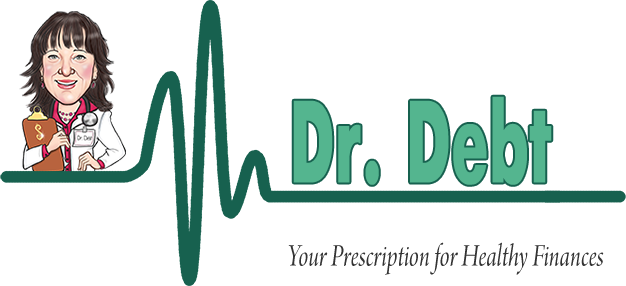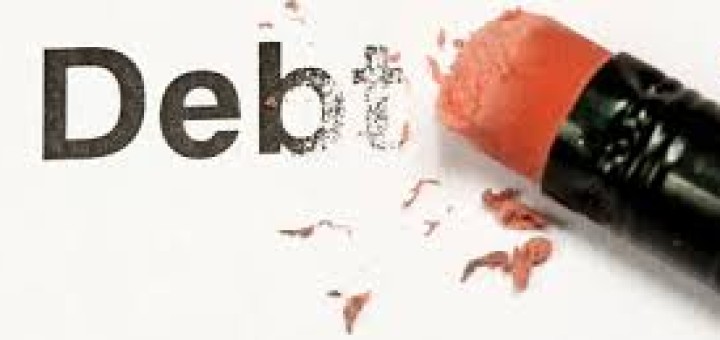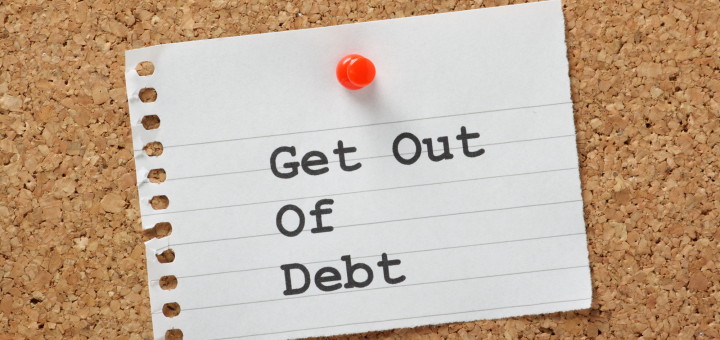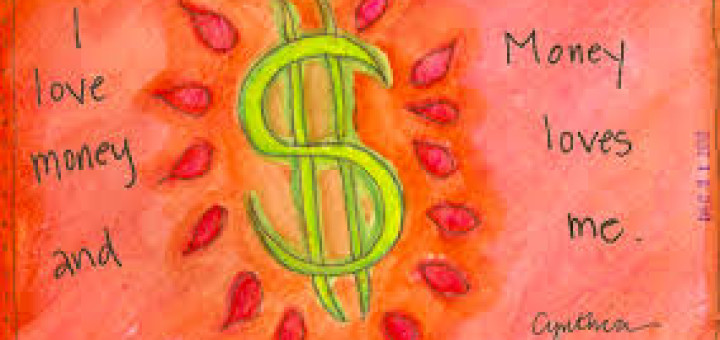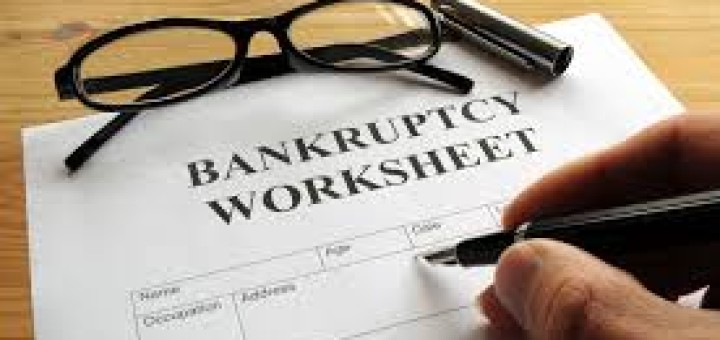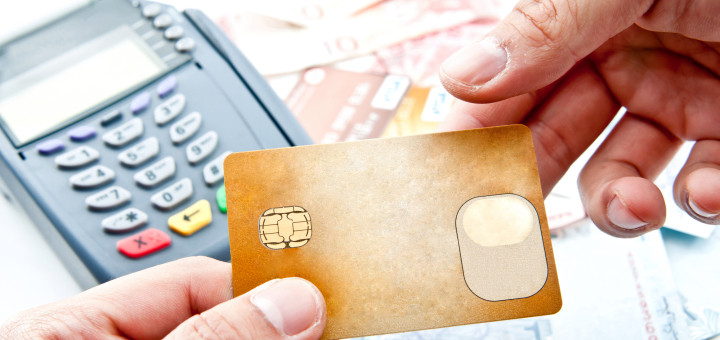Tagged: Credit Relationships
Its true! Just because we help people find solutions to their financial woes, doesn’t mean we don’t have our own.
I’m sure fitness instructors sometimes have lazy periods, Investment advisors have lost money and great chefs order pizzas. The point is, we are all human and we all make less-than-perfect choices once in awhile. In fact, it is our very mistakes that help us help you. As other has been heard saying, “do as I say. Not as I do”.
What comes to mind when you hear the word “Consolidation”? Do you envision all of your debts being ‘paid off’ leaving you with the manageable obligation of one monthly payment? If so, you are thinking about a “Consolidation Loan”. A financial institution loans you money by paying off your debt and you pay them back. With interest, of course. Nowadays, the word “consolidation” is being used in a much more liberal term
(Blog submitted by 3rd party) / Author: Robin Williams [Please note that the poster does not offer any recommendation for sites linked to these articles and cautions readers to use good judgement in contacting...
Trimming your budget is a lot like trimming your waistline. Consumers spend millions of dollars every year looking for that magic solution to losing weight. And businesses increase their bottom line while relatively few consumers decrease their bottoms/middles etc. The same phenomenon happens in money management. We tend to look for quick fixes – consolidation loans, second mortgages, payday loans. Neither works for the masses. Why? They do nothing to address the underlying problem…
It’s been six long months and my hands are cleaner than ever. Who would have thought I would make it this far? I am referring to life without a dishwasher. Around mid-December, ours broke. My first reaction was sheer terror. I’m pretty sure I almost lost consciousness. Like many families struggling to make ends meet, I didn’t have any savings to buy another. The word credit kept flashing in my mind, but we were just managing what we had. I took a deep breath, pulled up my rubber gloves, and started washing.
{“You have got to feel good about money to attract more to you. Understandably, when people do not have enough money they do not feel good about money, because they don’t have enough. But those negative feelings about money are stopping more money coming to you! You have to stop the cycle, and you stop it by starting to feel good about money, and being grateful for what you have. Start to say and feel, “I have more than enough.” “There is an abundance of money and it’s on it’s way to me.” “I am a money magnet.” “I love money and money loves me.” “I am receiving more money every day.” “Thank you. Thank you. Thank you.”}
Isn’t it wonderful? There is absolutely no reason to wait for something you can’t afford now. And the deal is much better than buying it on regular credit that has to be paid starting next month. Ah! what a wonderful consumer-driven world we live in.
It’s also dangerous. In fact, it’s a trap – a credit trap. The objective is to have you commit future income towards the purchase of something you just can’t (don’t want to) wait for. We are such an impatient society aren’t we? Wait! It gets better – you are further tempted (expected) to spend more than you normally would on the item(s) AND the gamble is that you won’t pay it off completely by the time it comes due.
Wonderful, accessible, way-too-easy-to-get, way-too-had-to-pay-off, credit.
It makes the world go around and sometimes makes our head spin. It can be our best friend or our worst enemy. Using it gives you a temporary high. Owing it gives you a log-lasting headache.
Where am I going with this you ask? I shall tell you.
We are all one or two events away from bankruptcy – meaning all it takes is one or two major events to turn our financial world upside down. The reason is simple. We live too close to, or above, our means. As a result our credit is maxed out, our savings minimal, or worse, non-existent, and we have absolutely no breathing room.
Seriously, why do you have more than one credit card? The likely answer is (although I’m sure many won’t admit it) “so I can spend more money than I earn”. The intentions might be good (buy necessities, pay for the kids sports, buy gifts) but the results are the same (if you consistently spend more than you earn, you will eventually hit a financial brick wall, and your finances will crash). This might mean something as drastic as losing a home or something less severe like paying for a decade or more for living above your means for a few years.
